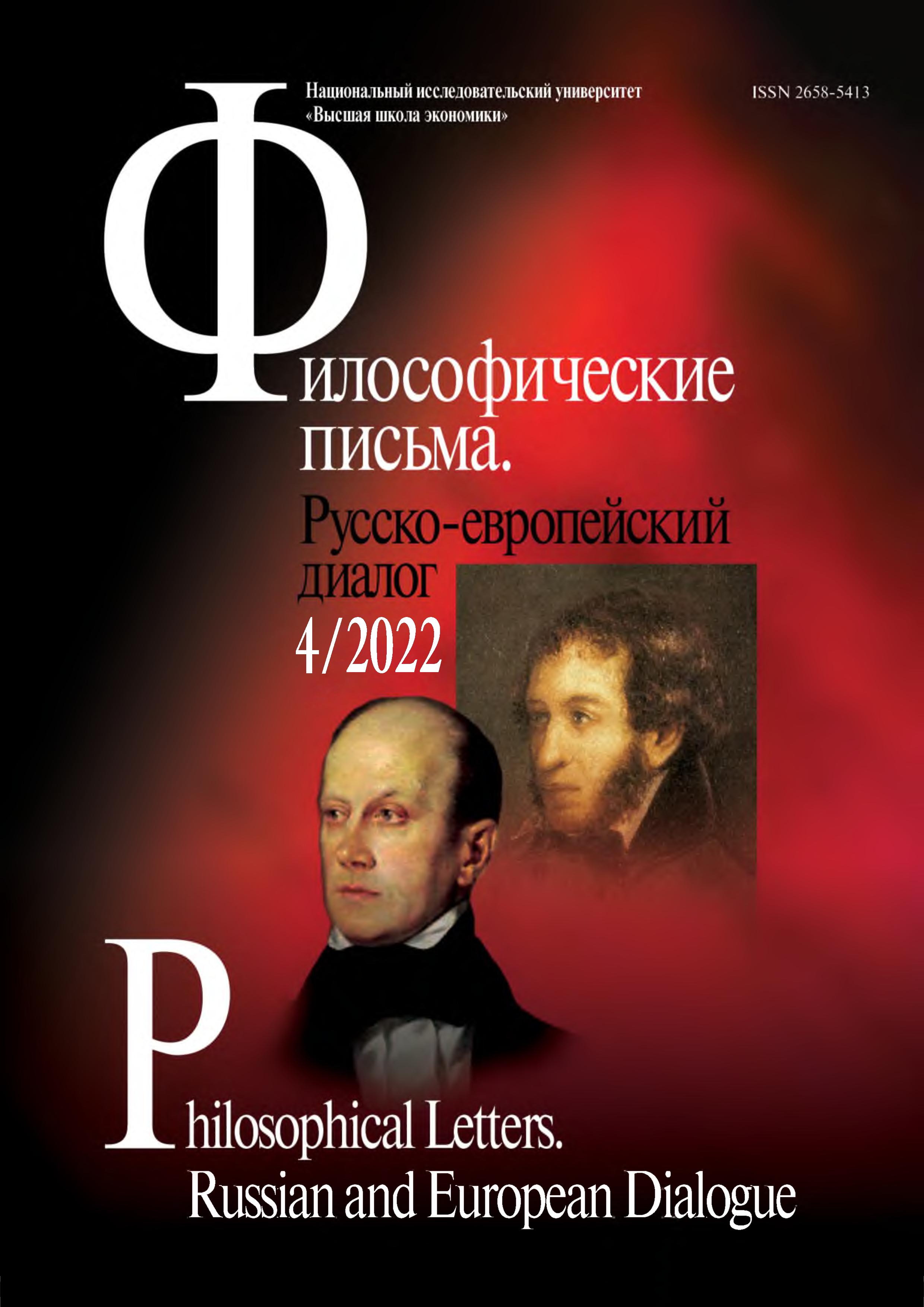«Бобок» Ф. М. Достоевского и тема ада на земле
Аннотация
В статье рассмотрен образ ада на земле в рассказе «Бобок» Ф. М. Достоевского в сравнении с «Адом» Данте, Откровением Иоанна Богослова, «Мертвыми душами» Н. В. Гоголя, «Записками из Мертвого дома», «Преступлением и наказанием» и другими ключевыми произведениями мировой литературы, в которых в той или иной степени разрешается проблема посмертного существования, вечности и бессмертия. На основе сопоставительного анализа выделяется несколько мотивов, символов и тем, которые помогут охарактеризовать ад на земле: сон, шум, смрад, беспорядок и хаос, которые в конце концов объединяются в сумасшедший мертвый дом, находящий отражение в реальной жизни в конкретных инстанциях — доме для душевнобольных, каторге, Санкт-Петербурге и России в целом.

